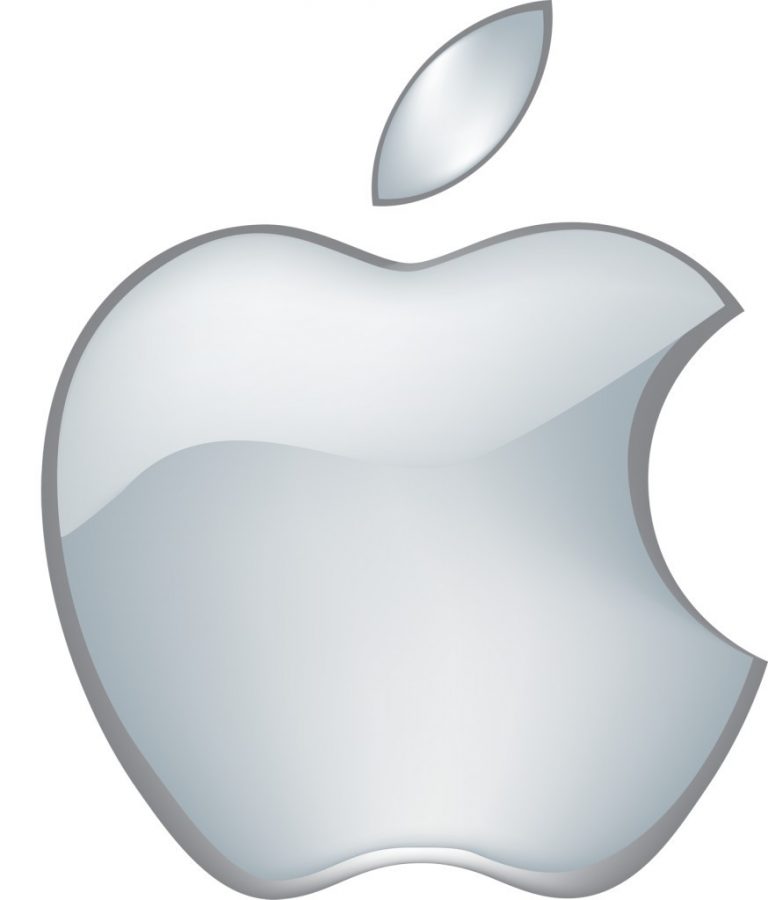
The Federal Bureau of Investigation (FBI) has avoided disclosing who unlocked the Apple iPhone belonging to one of the terrorists who killed at least 14 people and wounded 22 others in San Bernardino in December 2015. Several news organizations, including the Associated Press and Gannett, which owns the USA Today, sued to compel the FBI to say who helped it bypass the security locks Apple built into iPhones by unlocking the terrorist’s iPhone device without Apple’s help.
The organizations also sought to compel the FBI to reveal how much it paid the “outsider” who helped it crack the terrorist’s iPhone.
FBI releases a 100-page document
Although the FBI bowed to the pressure and released a 100-page document related to its agreement with the technology vendor that helped it unlock the iPhone, the security agency heavily censored the information and ended up disclosing nothing that the media organizations sought when they sued for it.
According to the FBI, the undisclosed details are part of the classified information that is not meant for the public.
Apple’s refusal sent FBI looking for outside help
The FBI initially tried to have Apple open the iPhone device belonging to Syed Rizwan Farook, who together with his wife Tashfeen Malik, carried out a terrorist attack in San Bernardino, California in December 2015. Apple refused the request to unlock the iPhone belonging to Farook and the battle moved to court. But before the court could compel Apple to comply with FBI’s request, the FBI announced that it had managed to unlock the device and access the information in it.
The FBI said it used a third-party vendor to unlock the device. In the redacted documents released Friday, the agency said at least three companies offered to help it unlock the controversial iPhone.
Apple stock rose more than 1.1% on Friday to close at $117.91 despite the FBI’s action showing vulnerability in iPhone encryption.




